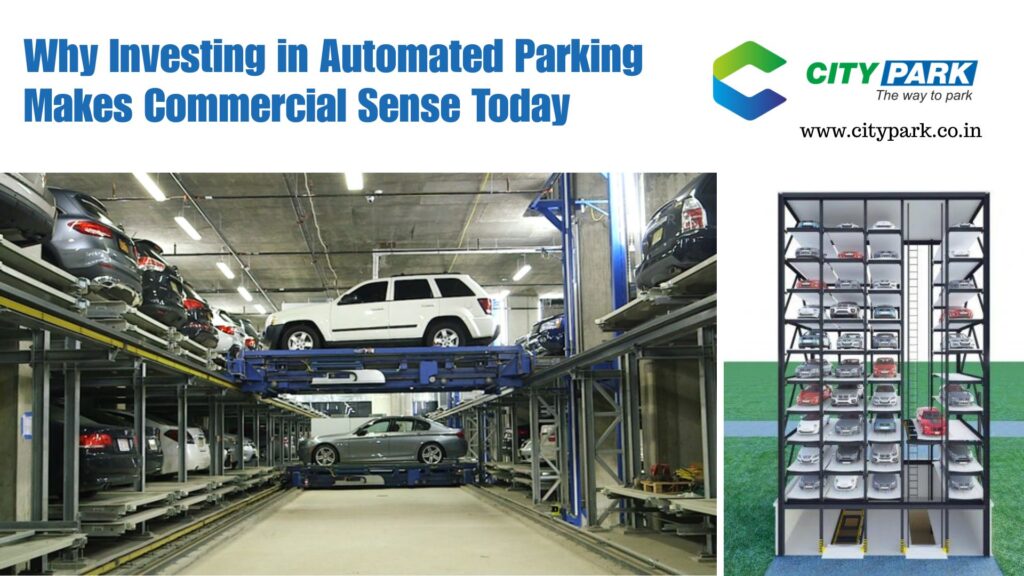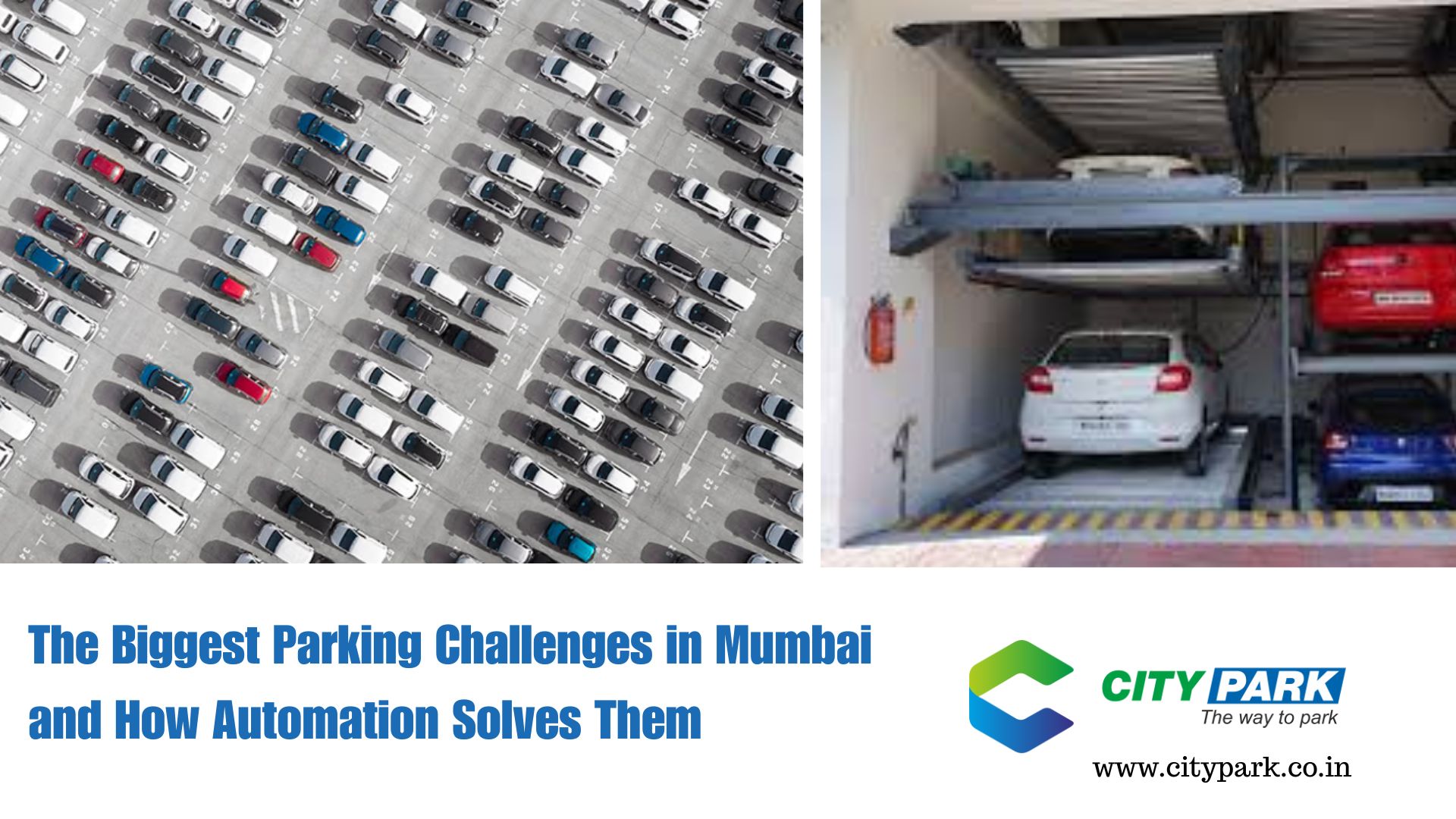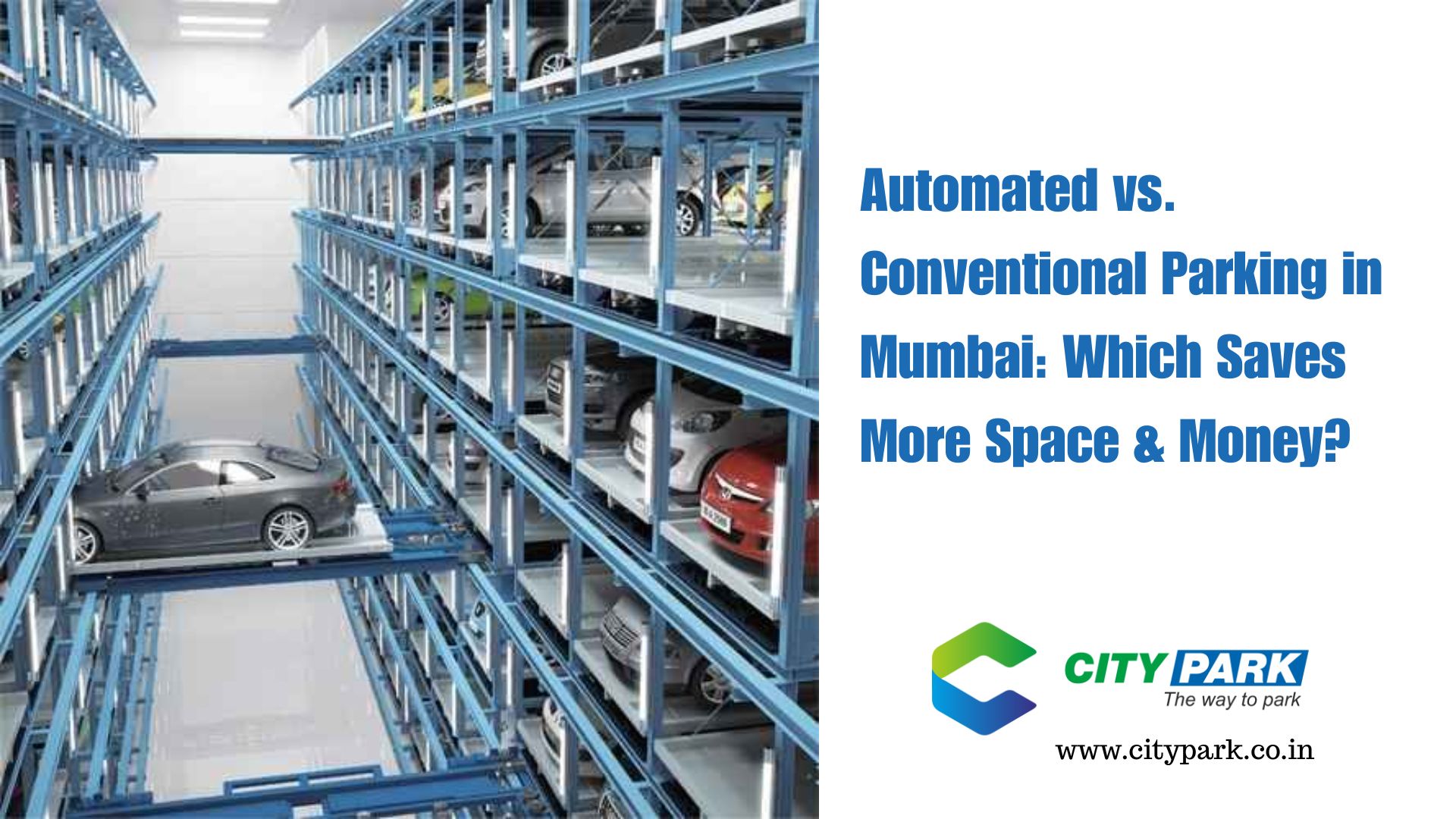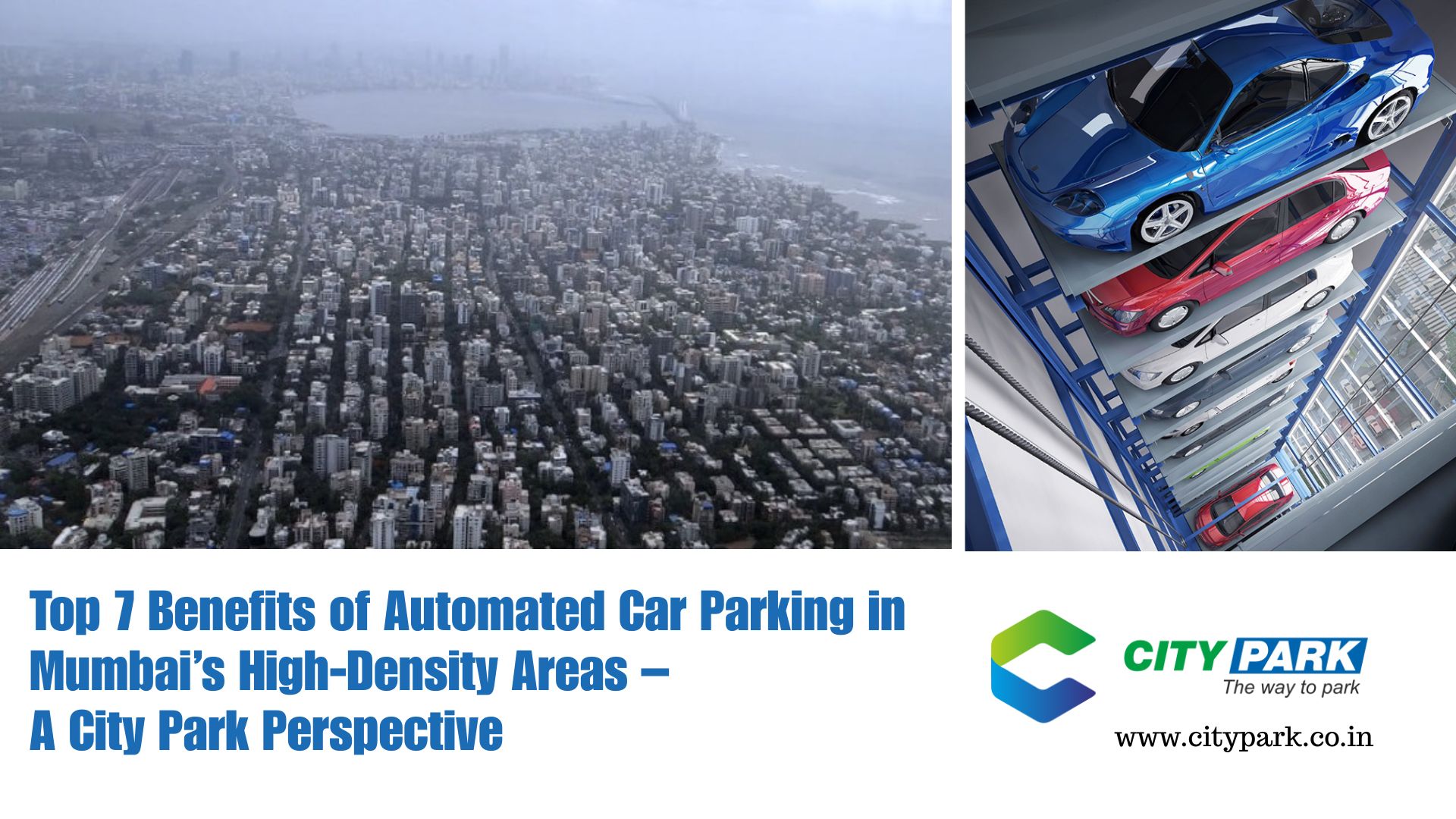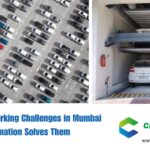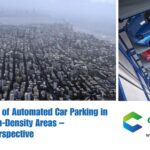In modern cities where land is scarce and efficiency is king, every square meter counts. Developers and property owners are constantly looking for ways to maximize usable space, reduce operational costs, and enhance user experience — all without compromising safety or convenience.
This is where automated parking systems (APS) are making a powerful mark. Once considered futuristic, these systems are now a practical investment that delivers measurable returns, savings, and long-term value.
At City Park, a division of City Lift, we believe that parking is no longer just an afterthought — it’s an integral part of a building’s commercial strategy. In this article, we explore how automation transforms parking from a cost center into a value-driven asset, and why investing in it makes more sense today than ever before.
1. Understanding Automated Parking Systems (APS)
An Automated Parking System is a mechanical solution that parks and retrieves vehicles without human intervention. Using elevators, conveyors, and robotic platforms, the system efficiently stores cars in a compact structure — often in half the space of a traditional parking lot.
Instead of wide ramps, driveways, and large turning radii, APS requires just a small entry/exit bay. The system automatically transports the car to an available slot, making the process faster, safer, and smarter.
For commercial buildings, malls, offices, and mixed-use spaces, this technology solves one of the most pressing urban challenges: space scarcity.
2. The Real Estate Equation: More Space, More Value
Let’s start with the most direct impact — space optimization.
In prime commercial areas, land is expensive. Every square foot used for parking could otherwise be generating revenue through offices, shops, or amenities. Automated systems can reduce parking area requirements by 40–60%, freeing up valuable real estate for higher returns.
Example:
A traditional parking layout might accommodate 100 cars in 30,000 sq. ft.
A City Park automated solution can fit the same 100 cars in 18,000 sq. ft. or less.
That’s 12,000 sq. ft. of space saved — which could translate into leasable commercial space, a retail extension, or additional amenities that increase property value.
The ROI Factor:
If the average lease value in a city like Mumbai is ₹250–₹300 per sq. ft., the space saved by automation can quickly offset a large portion of the initial investment.
That’s real estate working smarter, not harder.
3. Reduced Construction and Maintenance Costs
While the initial investment in automated parking may be higher than conventional parking, the lifecycle cost tells a different story.
a. Construction Efficiency
- Smaller footprint: Less land excavation and reduced concrete volume.
- Fewer structural requirements: No need for wide ramps, high ceilings, or multiple driveways.
- Faster project completion: Modular system installations can be completed in shorter time frames, reducing overall construction timelines.
b. Lower Maintenance and Operating Costs
Automated systems like City Park use electric motors, sensors, and PLC-based controls that require minimal human supervision.
- No manpower for parking attendants or cash collection
- Reduced lighting and ventilation requirements due to smaller enclosed areas
- Predictive maintenance alerts for proactive system care
Over a period of 10–15 years, the total operating cost of automated parking can be up to 40% lower than conventional systems.
4. Time Efficiency and User Experience
For commercial spaces, time is money — not just for the business, but also for customers, employees, and visitors.
Traditional parking challenges:
- Long queues during peak hours
- Difficulty finding spaces
- Risk of minor accidents or congestion
- Frustrating entry/exit delays
Automated parking advantage:
- Faster parking and retrieval: Most systems park or retrieve a vehicle in under 2–3 minutes.
- Touchless operation: Entry, payment, and retrieval can all be app-based.
- Consistent flow: No chaos, no confusion, no honking.
An efficient parking experience enhances the overall perception of a building’s management and brand value. Visitors leave with a sense of ease and satisfaction — and that directly influences repeat visits or tenancy decisions.
5. Safety and Security: Peace of Mind for All
Safety isn’t a luxury anymore — it’s an expectation. Automated parking systems redefine security in ways manual operations cannot.
For Vehicle Owners:
- Zero human handling: Cars are never driven or touched by attendants, eliminating the risk of damage or theft.
- 24/7 surveillance: Integrated cameras and access control keep vehicles fully monitored.
- No exposure to accidents: Pedestrian-free parking zones ensure zero collision risks.
For Property Owners:
- Lower liability: Reduced human intervention means fewer chances of accidents or disputes.
- Access control: Only authorized users can operate the system.
- Fire and emergency safety: Intelligent systems are equipped with sensors, smoke detectors, and automatic evacuation protocols.
City Park systems are built to international safety standards, combining technology, engineering precision, and redundancy for fail-safe operations.
6. Environmental and Sustainability Benefits
Sustainability is no longer a buzzword — it’s a business imperative.
Automated parking systems contribute to greener buildings in several ways:
a. Reduced Carbon Emissions
Because vehicles are not idling or circling to find parking, fuel consumption and CO₂ emissions drop dramatically.
b. Energy Efficiency
Less lighting, ventilation, and HVAC usage result in substantial energy savings over time.
c. Green Certifications
Projects integrating APS can earn additional points under green building rating systems such as LEED or IGBC, boosting the project’s eco-profile and marketability.
A sustainable building not only attracts tenants faster but also qualifies for government incentives and reduced operational costs in the long term.
7. The Financial Case: Cost vs ROI
Let’s break down the financial logic that makes automated parking an attractive investment.
| Parameter | Conventional Parking | Automated Parking (City Park) |
| Land Usage | High (Low efficiency) | 40–60% less area required |
| Construction Time | Longer (more civil work) | Faster modular setup |
| Operating Cost | High (staff, lighting, ventilation) | 30–40% lower |
| Revenue Potential | Limited | Enhanced (more leasable area) |
| Safety/Security Risk | High | Negligible |
| ROI Period | 10–12 years | 5–7 years on average |
Illustrative Example:
- Initial Investment: ₹10 crore (Automated Parking for 200 cars)
- Space Saved: 12,000 sq. ft.
- Extra Commercial Rent from Saved Space: ₹3 lakh/month (at ₹250 per sq. ft.)
- Annual Income: ₹36 lakh
- Payback Period: ~6 years (excluding maintenance savings)
Beyond the numbers, the intangible benefits — premium perception, customer satisfaction, and sustainability credentials — make the investment even more valuable.
8. Brand Value and Tenant Attraction
Commercial tenants today — especially MNCs, co-working brands, hospitals, and retail chains — evaluate parking quality as part of their leasing decisions.
An automated parking system signals innovation, safety, and sophistication. It aligns with the tenant’s brand image and operational needs, adding value to the property’s overall proposition.
A building equipped with City Park’s automated system instantly stands out as:
- Future-ready
- Environmentally conscious
- Premium and well-managed
This directly contributes to higher occupancy rates and longer tenant retention — two critical drivers of ROI for property developers.
9. Scalability and Integration with Smart Cities
Automated parking is not just a standalone feature; it’s a part of the larger smart city ecosystem.
City Park systems integrate with:
- IoT-based monitoring dashboards
- Mobile apps for booking and payment
- EV charging systems
- Building management systems (BMS)
These integrations ensure that the parking infrastructure evolves along with future mobility trends — including electric vehicles, autonomous cars, and smart traffic management.
In essence, it’s not just an investment for today — it’s infrastructure designed for the next 20 years.
10. Why City Park? The City Lift Legacy
City Park is a division of City Lift (India) Pvt. Ltd., a trusted name with over four decades of expertise in vertical transportation and mobility solutions.
What sets City Park apart is our:
- Proven engineering reliability
- Custom-designed parking solutions for every site
- Focus on safety and long-term service support
- Integration with sustainable and smart infrastructure goals
From compact stackers for smaller plots to fully automated towers for commercial complexes, City Park offers end-to-end solutions that deliver real returns — in performance, reputation, and profitability.
Conclusion: The Future of Parking is Profitable
The commercial real estate landscape is evolving — and so are user expectations.
Today’s property owners must think beyond construction cost and focus on efficiency, experience, and long-term value.
An automated parking solution is more than a space-saving technology; it’s a strategic investment that:
- Maximizes land use
- Reduces operational costs
- Enhances property value
- Boosts user satisfaction
- Future-proofs your project
At City Park, we help developers and building owners make that leap — from traditional parking to intelligent mobility infrastructure that adds measurable value from day one.
Because when you invest in automation, you’re not just parking cars — you’re parking your capital in smart growth, safety, and sustainability.
